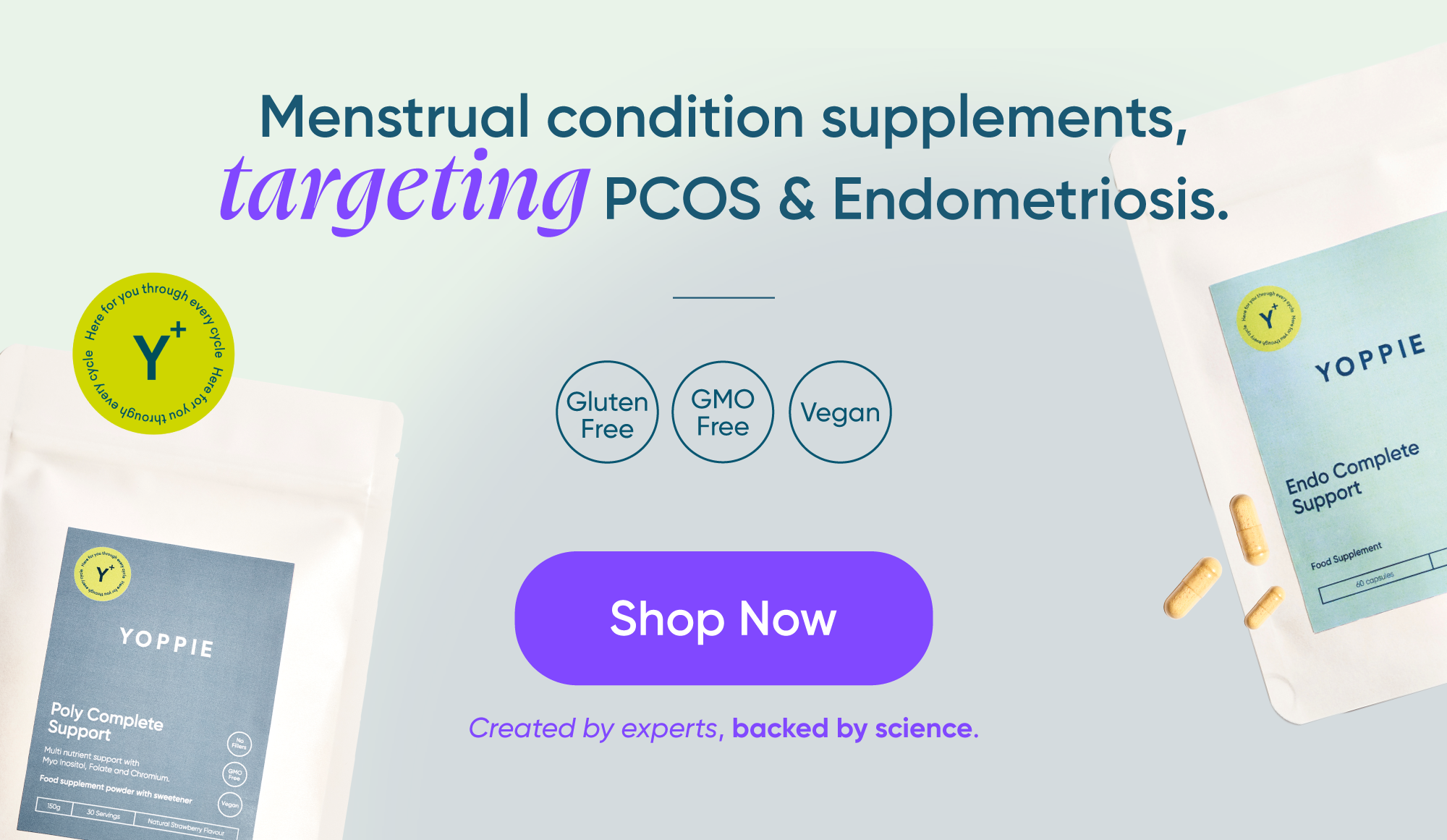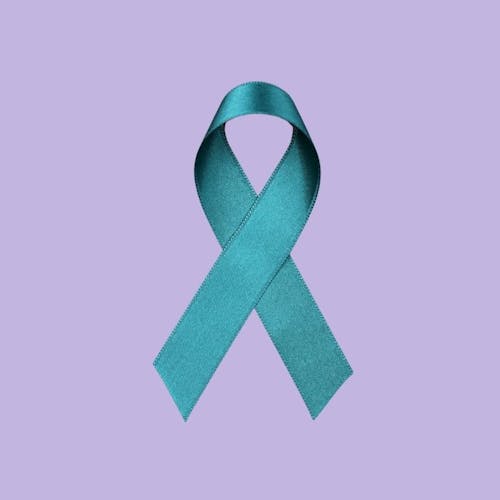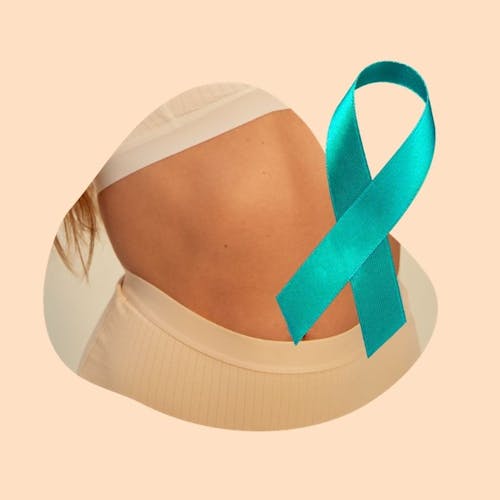This website uses cookies to enhance the user experience. By using Yoppie you are agreeing to our use of cookies.
The Four PCOS Types & How To Identify Them
Written by Yoppie
01 Nov 2021
Firstly, what is PCOS?
Types of PCOS
Insulin Resistant PCOS
Inflammatory PCOS
Adrenal PCOS
Post-Pill PCOS
Are there any differences in PCOS symptoms?
What happens if you have Insulin Resistant PCOS?
What happens if you have Inflammatory PCOS?
What happens if you have Adrenal PCOS?
What happens if you have Post-Pill PCOS?
Been diagnosed with polycystic ovary syndrome, or suspect you might have it? You’re probably wondering what’s going on inside your body. Depending on which type of PCOS you have (yup, there are four) you may experience different symptoms and need to handle them differently. Let’s take a look at their characteristics, and find out which one you have...
Firstly, what is PCOS?
PCOS (polycystic ovary syndrome) is common and has all to do with the function of the ovaries. If you have experienced irregular periods, excess body hair, or fertility issues, PCOS could be to blame. Polycystic ovaries hold tiny underdeveloped sacs where eggs develop but are not released. When ovulation doesn’t occur, hormone levels change and PCOS can cause less progesterone and more androgen, causing the symptoms above.
Types of PCOS
So, what are the types of PCOS, and what causes them? PCOS has a prevalence of around 2.5% - 11.9%, and of those cases there are four different kinds, with varying causes;
Insulin Resistant PCOS
This is the most common type by far, and affects up to 70% of all people with PCOS. It works in the same way described above. Essentially your cells don’t recognise that insulin exists in the body, causing insulin levels to rise over time and cause the typical PCOS symptoms; irregular periods, fertility issues, excess hair growth, and more.
Inflammatory PCOS
This type is driven by chronic inflammation. Studies show it can cause raised levels of CRP, an inflammatory marker also associated with diabetes and heart disease. The cause is believed to be a mix of genetics, stress, environmental toxins, and inflammatory foods. Inflammation happens when the immune system tries to protect against foreign substances in the body. Sometimes the inflammation response overreacts and affects healthy cells, bringing on the symptoms of PCOS.
Adrenal PCOS
This kind is stress-related and causes raised DHEA levels - an androgen hormone produced by the adrenal gland. In this type of PCOS, the ovaries cause excess androgen which can cause adrenal dysfunction. One study tested the adrenal function of 38 patients with PCOS and found that 15 of them produced more adrenal hormones than would be considered normal, and had smaller than average adrenal glands. So, more stress equals more adrenal hormones equals more PCOS symptoms!
Post-Pill PCOS
It’s thought that when coming off birth control, some people experience a temporary PCOS-like state. If you had normal periods before you started the pill, but experienced symptoms when you stopped, including weight gain, acne, hair loss or fertility issues, this could be the case for you as your body adjusts to the change in hormones. Usually it resolves itself in a few months, but if you have concerns do speak to your doctor.
Are there any differences in PCOS symptoms?
Your specific symptoms could be the key to figuring out which type of PCOS you’re dealing with. Here’s what to look out for:
- Insulin Resistant PCOS: The most likely symptom is weight gain. You may also have acne, hair growth/loss, irregular periods, and mood and sleep issues.
- Inflammatory PCOS: The most likely symptom is fatigue, but you may notice digestive issues and food sensitivity. You may also suffer from skin issues, headaches or joint pains. One study found those with PCOS had an increased risk of type 2 diabetes and heart disease, so watch for symptoms of these conditions too.
- Adrenal PCOS: The most likely symptom is weight gain, but you may also experience acne, hair growth/loss, and irregular periods. If stress, mood swings, fatigue and sleep problems are recurring for you, this could be a sign of Adrenal PCOS.
- Post-Pill PCOS: The symptoms of this type are the same as in Insulin Resistant PCOS, but they will only come on after you stop taking birth control.
What happens if you have Insulin Resistant PCOS?
It’s relatively easy to diagnose and treat Insulin Resistant PCOS if your symptoms are clear. Your GP may test your testosterone, insulin, fasting blood glucose, and DHEA, and may suggest medicine to reduce insulin levels and improve blood sugar. Sometimes doctors prescribe medicine that’s primarily used for diabetes, which is normal since both conditions deal with insulin. You may benefit from following a low to moderate carb diet, exercising regularly using diverse workouts, and getting adequate sleep.
What happens if you have Inflammatory PCOS?
If your GP suspects you have Inflammatory PCOS, they may test your CRP, DHEA, and check if you have a vitamin D deficiency. You can try an anti-inflammatory diet, minimise your exposure to environmental toxins, and look for ways to reduce stress. Studies have found those with PCOS who followed a Mediterranean-style anti-inflammatory diet for 3 months showed great improvement in their inflammatory markers.
What happens if you have Adrenal PCOS?
Between 20 and 30% of patients with PCOS have the kind with adrenal androgen excess, and this is primarily identified through raised DHEA levels. Your doctor may check your prolactin levels first to rule out other conditions, then test your testosterone, your DHEA, your cortisol, and insulin resistance. Consider lifestyle changes like reducing your sugar and processed food intake, reducing stress, and getting more sleep.
What happens if you have Post-Pill PCOS?
Before you are diagnosed with this type of PCOS, your doctor will likely look at your luteinising hormone (LH) and follicle stimulating hormone (FSH) first, as coming off of birth control pills can cause suppression of these hormones, which leads to symptoms. This is pretty normal, and it will typically be recommended that you wait a few months for symptoms to settle down.
Got a question about the different types of PCOS? We’re all ears! Ask on our private Full Stop FB group, or DM us on Instagram at @itsyoppie so we can help answer them for you. Don't forget that our personalised period box can get organic tampons, PCOS Supplements and much more delivered easily and regularly through your letterbox, so that's one less thing to worry about each month.
Section jump
Back to top
Subscribe To Our Newsletter
YOPPIE





© 2026 Yoppie is a registered trademark of Phlo Technologies Ltd.
Yoppie's supplements are not a substitute for a varied diet and healthy lifestyle and are not intended to diagnose, treat, or cure any disease. If you are pregnant, breastfeeding, have a medical condition or are under medical supervision, please consult with your doctor before taking any of our products.







